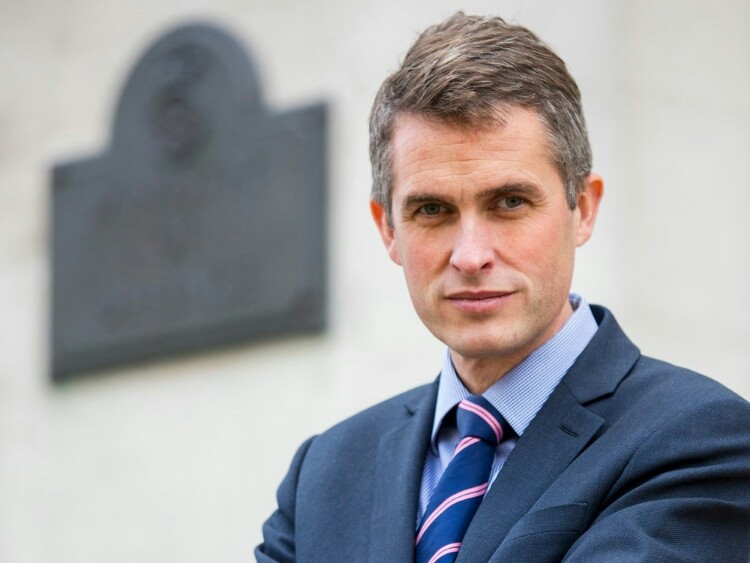
One year on from the Salisbury Novichok poisoning, the Defence Secretary has allocated £11million of additional funding to bolster the UK’s response to chemical attacks…
The range of measures announced by Defence Secretary Gavin Williamson include:
- Developing plans to deploy drones and robots into potentially hazardous areas, putting personnel in less danger and identifying threats faster
- Boosting the Defence Science and Technology Laboratory’s ability to analyse substances, by investing in new technical capabilities
- Keeping the UK at the forefront of medical advances to combat the effects of chemical agents
The decision means the UK will remain a global leader in Chemical, Biological, Radiological and Nuclear defence. Around the world, there is evidence of these threats increasing and it is vital the UK can meet them.
Last year, the Syrian regime launched chemical attacks on its own people, which led to the UK striking several weapons facilities alongside American and French partners. At home, the UK has seen the longest chemical clean-up in living memory, in Salisbury and Amesbury.
Unmanned vehicles will conduct more testing and identification, decreasing the risk posed to humans through contact with nerve agents. This capability will be developed over the coming years.
The funding will increase the speed and accuracy with which the potential origins of substances can be analysed, helping the authorities identifying attackers faster and improving public safety. It will also allow faster decontamination and recovery of vehicles and assets, as well as improvements to counter radiological and nuclear threats.
The Defence Secretary said: “After the Novichok attack in Salisbury a year ago, the nation turned to the Armed Forces and expert scientists. From the investigation to the clean-up, the military and everyone involved in the operation have worked tirelessly to decontaminate the streets of Salisbury.”

